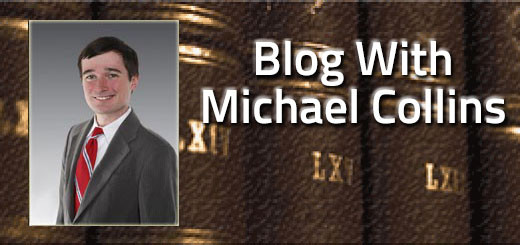Bankruptcy and Asset Cases
Assets are any interest in property that a debtor has that have a marketable interest. Many things can be considered assets. Most people understand that vehicles, real estate, and cash are assets in bankruptcy cases, but many people do not understand that assets can also include things that a debtor does not necessarily own as of the date of filing bankruptcy (but also things the debtor reasonable believes s/he will come to own in the future). A good example is the tax refund. We are in tax season. Many debtors who have W2 employment are looking forward to filing their tax returns to get their tax refund. Because it is reasonably anticipating that a debtor will receive the refund, the Chapter 7 trustee has the right to demand that money if it’s not exempted in the debtor’s schedules.
Another example of anticipated assets are situations where a debtor has lost a relative and knows they are about to receive an inheritance. At the 341 meeting, the Chapter 7 trustee generally asks whether a debtor anticipates receiving an inheritance in the next six months. That sounds like a bizzare question for most debtors considering bankruptcy, but the point is creditors have the right to receive payment when a debtor is over their exemptions — so if an inheritance would place a debtor over their exemptions, liquidation is an issue.
There are typically ways to plan to avoid or minimize liquidation issues in bankruptcy. It is extremely important not to give away assets or hide assets from the trustee or the bankruptcy court. If you are concerned about the liquidation issue, consult an attorney. The attorneys at Cain & Herren, ALC, offer a free initial consultation relating to debt relief in bankruptcy. If a Chapter 7 is not your best option, we will tell you. To make the consultation more productive, it is often helpful to compile a list of assets ahead of time so you can be direct in disclosing your concern to the attorney. Any information given in the initial consultation is held in complete confidence, although it is important to note that representation does not begin until a fee agreement is signed and a retainer is paid.
In closing, if you anticipate filing an asset case, it is extremely important that you list all of your creditors on your schedules. If you forget a creditor, please let your attorney know as soon as possible. If a liquidation occurs and a creditor has not been noticed, the debt will not be discharged and it can raise issues with your discharge in general. For this reason, bankruptcy is not the type of relief you want to wait for the last minute to seek. Timing is crucial in seeking debt relief under Title 11 with minimal drawbacks. We can help. You just need to take the first step and contact us.
Also, as a courtesy, I answer emails on a complementary basis. You can email me at michael@cainandherren.com if you have legal questions or would like to set up your free initial consultation.



